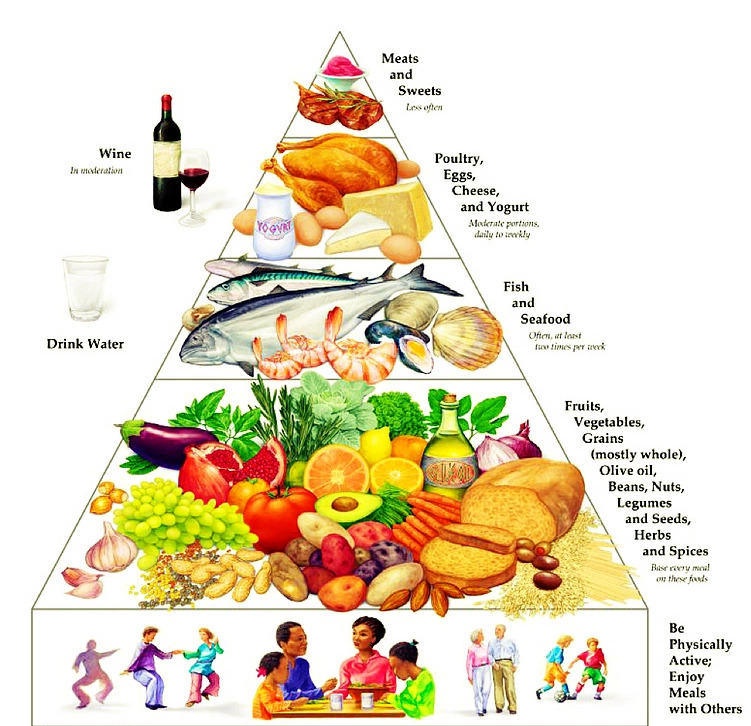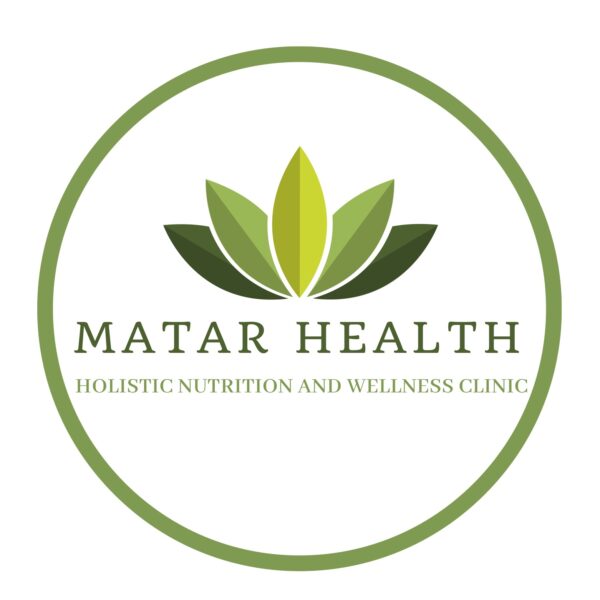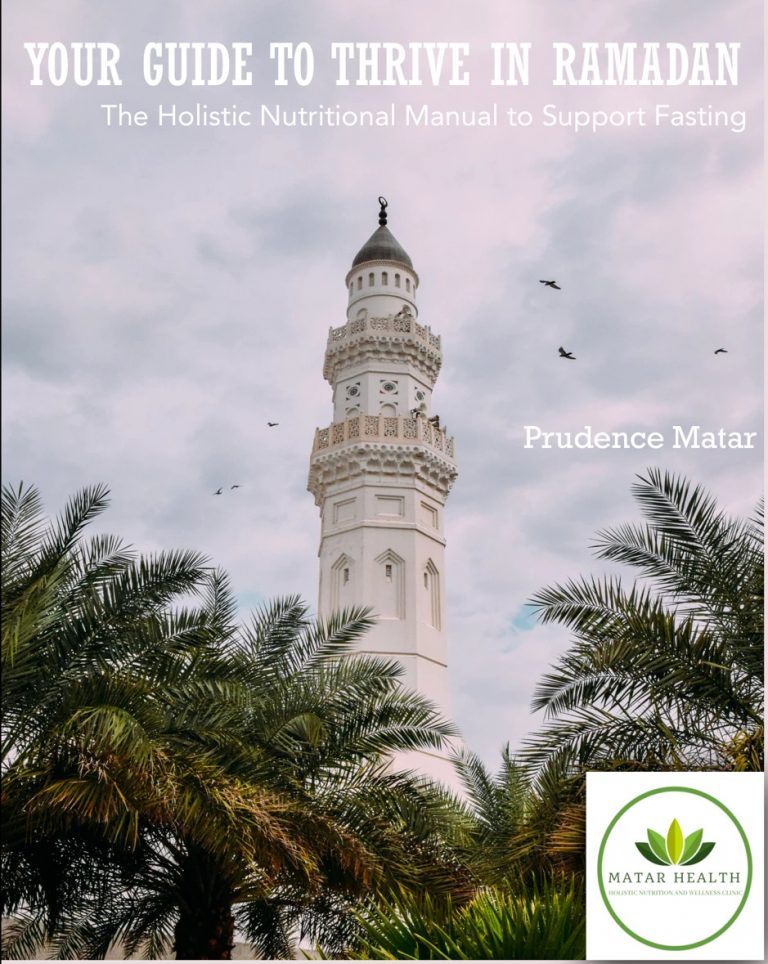Which Diet or Eating Style Should I Follow?
Eating for Health
Prue Matar
BHSc – Nutritional and Dietetic Medicine
Have you found yourself wondering, ‘What should I actually be eating? What is the best diet for me?’
Well it’s no wonder, with all the buzz words and fads like Paleo, Vegan, Ketogenic, vegetarian, Gluten-Free diets,’. The list is endless. The amount of ‘nutrition information’, available on social media, websites, fitness gurus and Google is overwhelming and it is hard to know which eating style or trend is best for you.
Research indicates that following the principles of a Mediterranean Style Diet, has been shown to prevent many chronic diseases and illnesses commonly suffered today. A Mediterranean Diet may aid in weight loss, and in the prevention of chronic illnesses such as cardiovascular disease, neurodegenerative diseases, diabetes, insulin resistance, colorectal cancer and breast cancer (Romagnolo & Selmin, 2017).
What is the Mediterranean Diet?
It is the consumption of an abundance of vegetables, fruits, whole grains, healthy fats, olive oil, avocado, nuts, seeds, cheeses, seafood, minimal sweets and minimal meats. With water the main drink and the inclusion of daily physical activity and movement.
The following diagram depicts what is included in the Mediterranean Diet.

Image courtesy of Old ways
If we are to label healthy and moderate ways of eating, The Mediterranean Diet would be it. However, this is not a ‘Diet’ it is a standard way of eating, and including fresh, seasonal and local whole foods. We have associated the word ‘Diet’ for far too long with negative connotations of struggle and deprivation. The Mediterranean Diet focuses on enjoying foods. Food is a social custom and is to be enjoyed. Adopting this way of eating is a lifestyle change and not a short term ‘Diet’ or fad of deprivation.
In summary adopting a Mediterranean Diet is a long-term lifestyle change. Focused on healthy eating and healthy behaviours. It is associated with many health benefits, with research showing prevention in chronic diseases such as heart attack, insulin resistance, diabetes, breast cancer and colorectal cancers
Of course, this eating style is a general guide and may not be ideal for everyone. There are times when different diets and dietary requirements need to be adapted to meet the needs of certain individuals’ health concerns.
If you need help or are unsure of where to start on your health journey or are after expert advice around specific health conditions, a Nutritionist that specialises in Holistic Nutritional Medicine will be able to get you on track and aid you in meeting your health goals.
There are times and stages in life where diet alone is not adequate and supplementation with nutrients may be necessary.
Of course, diet is the beginning for longevity and disease prevention. Holistic lifestyle, and dietary factors need to be included.
In the next edition we will discuss holistic lifestyle factors and principles to attaining and maintaining health in more detail.
References:
https://www.ncbi.nlm.nih.gov/pmc/articles/PMC4663587/
https://www.ncbi.nlm.nih.gov/pmc/articles/PMC2684076/
About the Author: Prue is a mother of three, founder of Matar Health, Holistic Nutrition and Wellness Clinic, with a Bachelors degree of Health Science- Nutritional and Dietetic Medicine.
She has experience working in a busy multi- modality clinic.
Her areas of specialty include; Weight loss, Sports Nutrition, Women’s Health, Children’s Health, Immunity, Skin Health, Digestive Health, General Health and Vitality and Disordered Eating.
Get in touch for information or to make an appointment.
@healthmatars www.matarhealth.com @healthmatars


